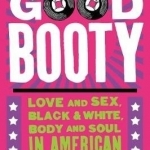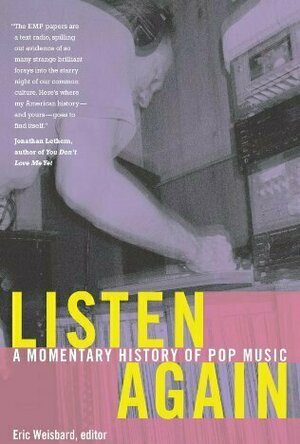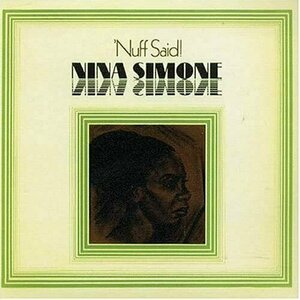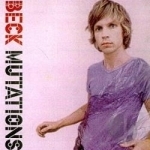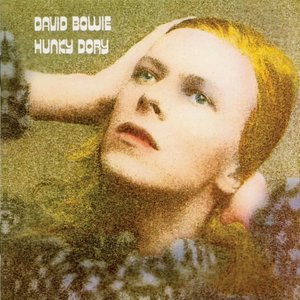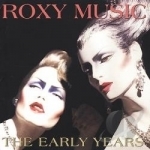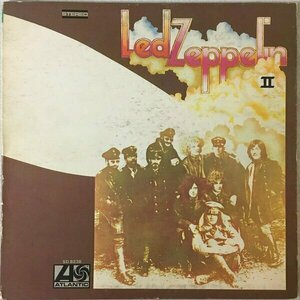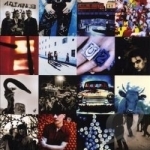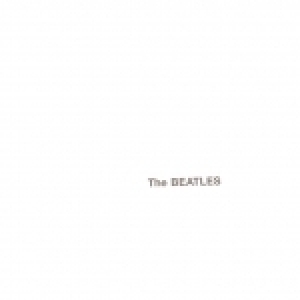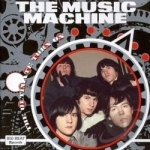"For me, this is the best guitar fuzz sound on record; it’s absolutely brilliant. I’ve been trying to get that sound and I’ve never got close, I’ve no idea what it is, apparently The Music Machine made their own pedals. They’re well-known to people who are into garage, psych-y stuff and I discovered them via Nuggets or Rubble compilation, or something like that.
It’s strange, I love that song - I’m not hugely keen on the vocal but it doesn’t really matter to me on this song, it suits its purpose. It’s like the opposite of The Zombies’ Colin Blunstone’s voice. It’s not sweet and melodic, it’s gritty and punky and not my usual sort of thing but it screams attitude to me. It’s the sleaziest thing I’ve ever heard and it’s very, very inspiring for production.
It’s the whole groove of it, the whole thing, but it all comes back to that guitar fuzz sound. With bands like The Beatles there’s so many books that go into the recording techniques, but not so with The Music Machine. Personally, I’ve learnt that the problem with fuzz tones is that, for example, people say you can get the fuzz sound from The Rolling Stones’ ‘Satisfaction’ by buying a Maestro Fuzz-Tone pedal, but I’ve seen countless demo’s of them and it sounds nothing like it, because it all depends on all the elements, like whether the guitar went straight into the board or if it was played through a broken speaker, or any number of things. There’s no way of knowing for sure.
Maybe it’s because it was the ‘60s. Things weren’t documented but I still do it now, I get a sound and I won’t make notes on it because it’s like, “Why would I sit there and make notes on exactly what I did?”, so it becomes kind of lost and when people ask, “How did you get that sound?”, I don’t remember.
Maybe it’s something that’s meant to happen - almost like you’re not meant to know, for ‘Trouble’ maybe it was the sound of the leather gloves they wore. The Music Machine had a very strange look, I think the singer wore a single leather glove and the rest of them wore roll necks and medallions."
Source
